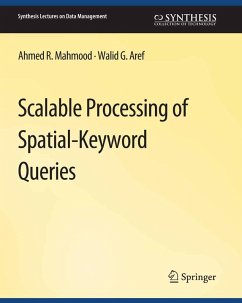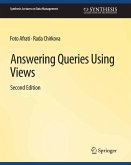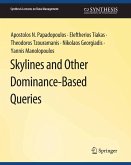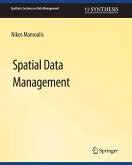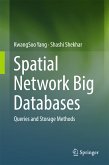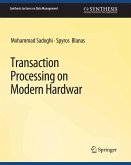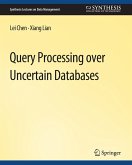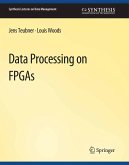This book starts by overviewing some important applications of spatial-keyword data, and demonstrates the scale at which spatial-keyword data is being generated. Then, it formalizes and classifies the various types of queries that execute over spatial-keyword data. Next, it discusses important and desirable properties of spatial-keyword query languages that are needed to express queries over spatial-keyword data. As will be illustrated, existing spatial-keyword query languages vary in the types of spatial-keyword queries that they can support.
There are many systems that process spatial-keyword queries. Systems differ from each other in various aspects, e.g., whether the system is batch-oriented or stream-based, and whether the system is centralized or distributed. Moreover, spatial-keyword systems vary in the types of queries that they support. Finally, systems vary in the types of indexing techniques that they adopt. This book provides an overview of the main spatial-keyword data-management systems (SKDMSs), and classifies them according to their features. Moreover, the book describes the main approaches adopted when indexing spatial-keyword data in the centralized and distributed settings. Several case studies of {SKDMSs} are presented along with the applications and query types that these {SKDMSs} are targeted for and the indexing techniques they utilize for processing their queries.
Optimizing the performance and the query processing of {SKDMSs} still has many research challenges and open problems. The book concludes with a discussion about several important and open research-problems in the domain of scalable spatial-keyword processing.
Dieser Download kann aus rechtlichen Gründen nur mit Rechnungsadresse in A, B, BG, CY, CZ, D, DK, EW, E, FIN, F, GR, HR, H, IRL, I, LT, L, LR, M, NL, PL, P, R, S, SLO, SK ausgeliefert werden.

